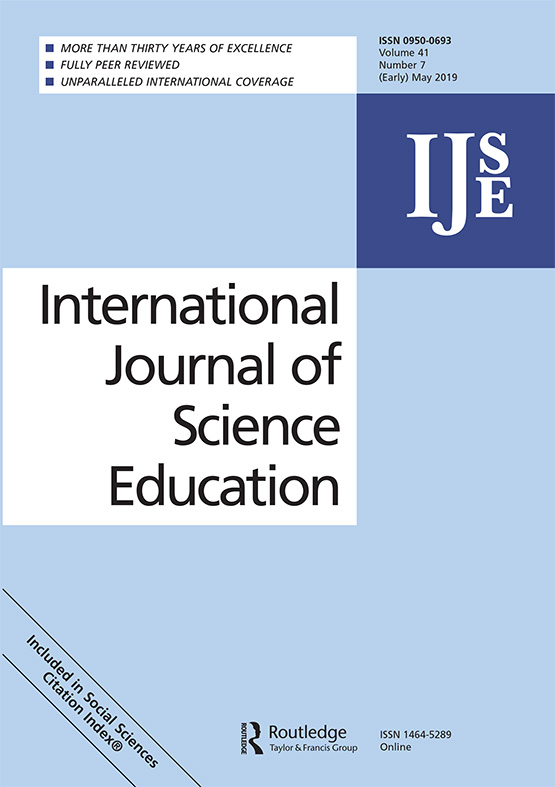tandfonline.com har udgivet en rapport under søgningen “Teacher Education Mathematics”:
ABSTRACT
ABSTRACT
The structure and definition of professional knowledge is a continuing focus of science education research. In 2012, a pedagogical content knowledge (PCK) summit was held and it suggested a model of professional knowledge and skill including PCK, which was later often called the Consensus Model (Gess-Newsome, 2015. A model of teacher professional knowledge and skill including PCK: Results of the thinking from the PCK summit. In A. Berry, P. J. Friedrichsen, & J. Loughran (Eds.), Teaching and learning in science series. Re-examining pedagogical content knowledge in science education (1st ed., pp. 28–42). New York, NY: Routledge). The Consensus Model proposes a potential powerful framework for the relations among teachers’ different professional knowledge bases, but to date it has neither been investigated empirically nor systematically. In this study, we investigated the relationships suggested by the Consensus Model among different aspects of teachers’ knowledge and skill. A sample of 35 physics teachers and their classes participated in the investigation; both teachers and their students in these classes took paper-and-pencil tests. Furthermore, a lesson taught by each of the teachers was videotaped and analysed. The video analysis focused on the interconnectedness of the content structure of the lesson as representation of the in-class actions of the teachers. The interconnectedness is understood as a direct result of the application of professional knowledge of the teachers to their teaching. The teachers’ knowledge showed no significant influence on the interconnectedness of the lesson content structure. However, the results confirmed the influence of interconnectedness and certain aspects of professional knowledge on students’ outcomes. Therefore, interconnectedness of content structure could be verified as one indicator of teachers’ instructional quality.
